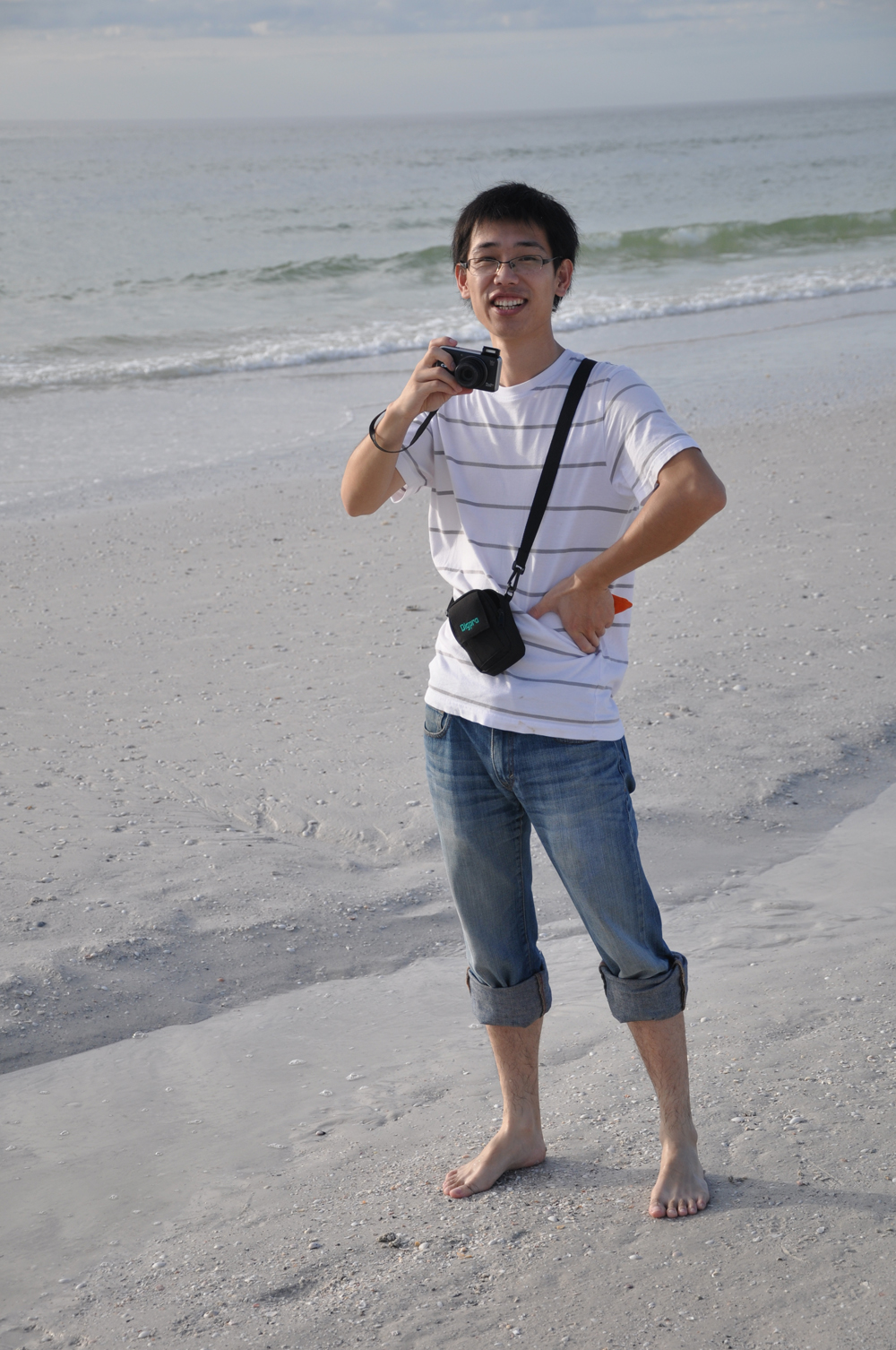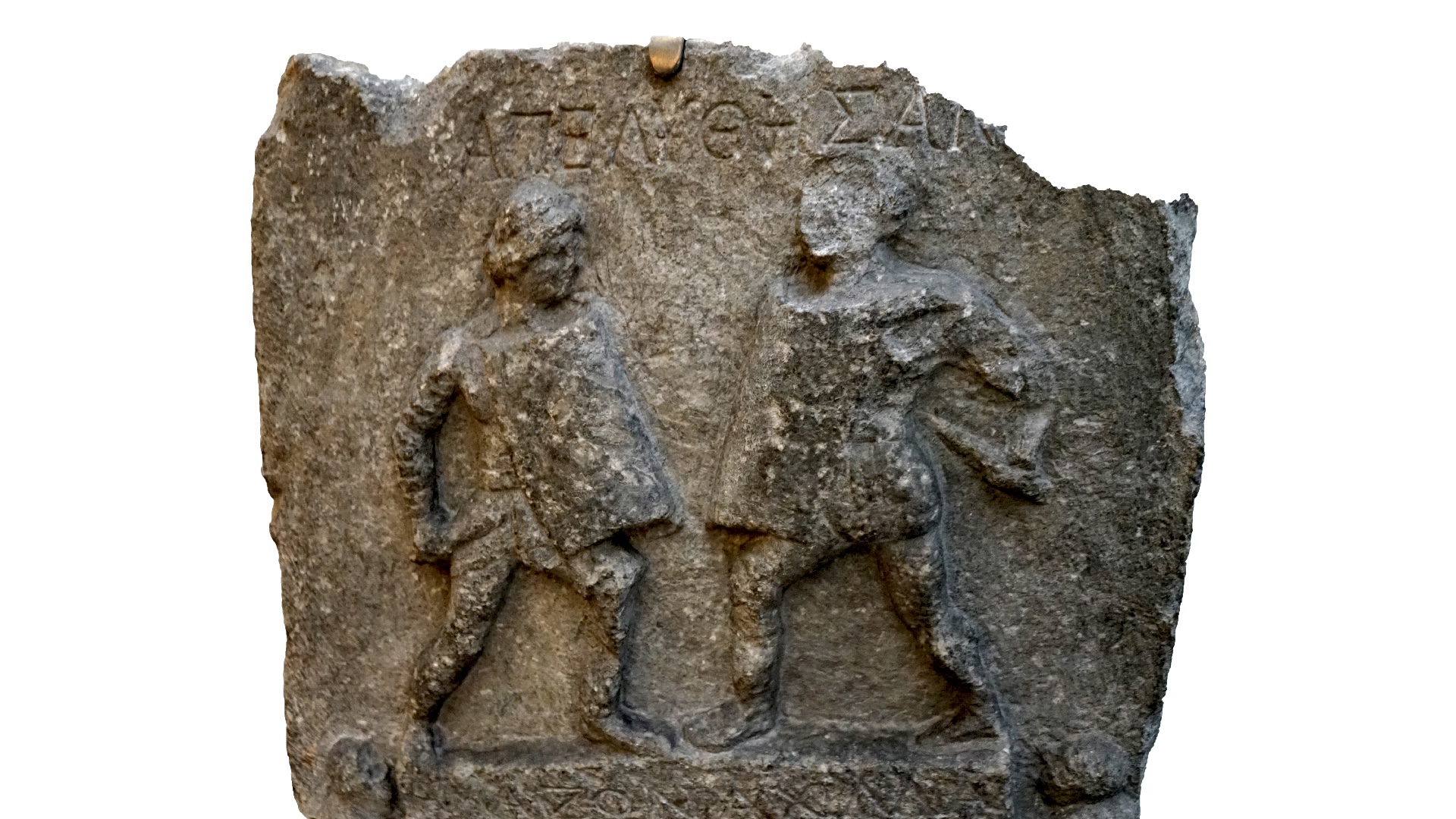Math Improves Grasp of Storm Surge Effects

This ScienceLives article was provided to LiveScience in partnership with the National Science Foundation
Storm surges from rising sea levels are important predicted consequences of global climate change and have the potential for severe effects on the vegetation of low-lying coastal areas. The unprecedented storm surge from Hurricane Sandy, for example, was enough to shift coastal shorelines along New York and New Jersey. The question of how these storm surges affect coastal areas can be addressed mathematically and is the focus of research by Dr. Jiang Jiang, a postdoctoral fellow at the National Institute for Mathematical and Biological Synthesis (NIMBioS).
[Read more about Jiang's research]
Name: Jiang Jiang Age: 30 Institution: National Institute for Mathematical and Biological Synthesis Hometown: Wenzhou, China Field of Study: Theoretical Ecology, Wetlands, Climate change
What inspired you to choose this field of study?
I am interested in trying to understand our nature, especially ecosystem processes that involve species interacting with environments. Mathematical tools are my favorite approaches to understanding these complex interactions.
What is the best piece of advice you ever received?
Get the world’s most fascinating discoveries delivered straight to your inbox.
I forget when my father first told me to be consistent in doing what I choose. But his advice helped me choose my major, go to graduate school and do research. Doing research is lots of fun when you find something new, but you can easily get stuck on something in the middle of research, which can be really frustrating. His advice helped me calm down and be confident.
What was your first scientific experiment as a child?
I rebuilt a radio using electronic parts.
What is your favorite thing about being a scientist or researcher?
I like to do simulation experiments on crazy ideas. Using mathematical and computational approaches, I can set up hypothesized rules for the interactions of species. This is sort of like creating virtual nature.
What is the most important characteristic a scientist must demonstrate in order to be an effective scientist?
Scientists don't replicate previous work. An effective scientist should apply critical thinking of past research. Then you might come up with innovative ideas.
What are the societal benefits of your research?
Understanding our ecosystem processes can help restoration. For example, my research on the interaction processes of coastal vegetation and underlying groundwater salinity dynamics can provide tools for management. The model can predict habitat change of the coastal Everglades for given scenarios of sea level rise or storm surge. The scenarios assume salinity changes of groundwater, therefore changing vegetation through ecological-hydrologic processes. The model can also help in making assessments of the Comprehensive Everglades Restoration Plan, which aims to capture fresh water that now flows unused to the ocean and the gulf and redirects it to Everglades.
Who has had the most influence on your thinking as a researcher?
My middle school science teacher taught me not only science knowledge but also stories on how people become scientist, for example Newton, Darwin and Hawking. I started to read their stories and wanted to be a scientist too.
What about your field or being a scientist do you think would surprise people first?
People are familiar with damage caused by hurricanes. One major cause of hurricane damage is storm surge, which causes significant flooding and costs people their lives if they're caught unexpected. However, storm surge can also have large long-term impacts, not just short-term damage. My research shows that storm surge can carry saltwater so far inland that it can alter groundwater salinity, known as salt intrusion, and can damage agriculture. Excessive saltwater could also cause vegetation shift from freshwater vegetation to salt-tolerant plants.
If you could only rescue one thing from your burning office, what would it be?
My computer.
What music do you play most often in your office or car?
Random music.
Editor's Note: The researchers depicted in ScienceLives articles have been supported by the National Science Foundation, the federal agency charged with funding basic research and education across all fields of science and engineering. Any opinions, findings, and conclusions or recommendations expressed in this material are those of the author and do not necessarily reflect the views of the National Science Foundation. See the ScienceLives archive.

